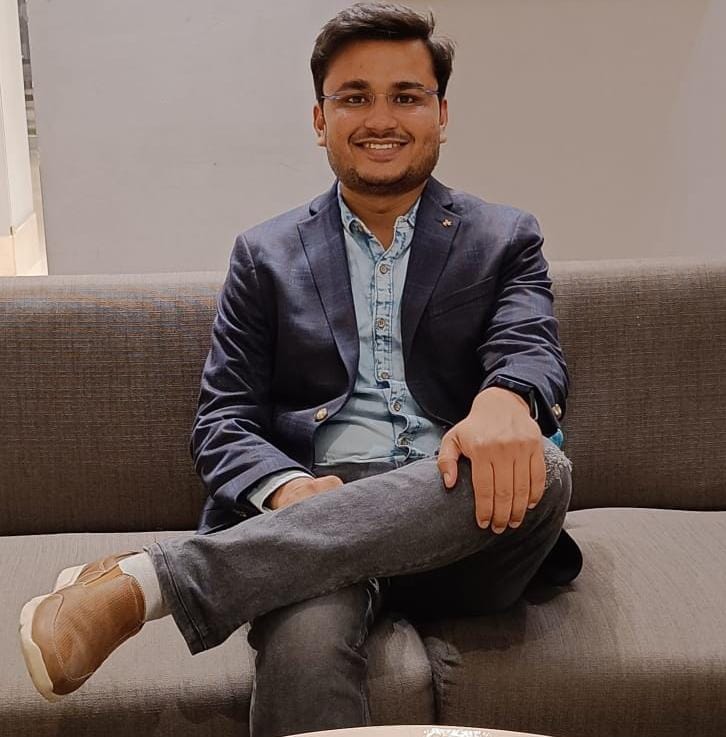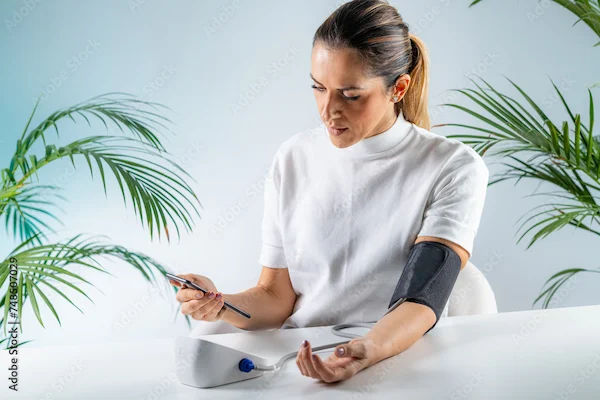Full Body Checkup for Senior Citizens
Explore the benefits of a full body checkup for senior citizens. Learn which tests are essential, how regular screenings support healthy ageing, how to prepare for a full body checkup and tips for maintaining senior health.

Written by Dr. M L Ezhilarasan
Reviewed by Dr. Shaik Abdul Kalam MD (Physician)
Last updated on 14th Aug, 2025

Introduction
As we age, our bodies undergo various changes, making regular health checkups essential for maintaining well-being. A full body checkup for senior citizens is a comprehensive health assessment that helps detect potential health issues early, ensuring timely treatment and better quality of life.
If you or your elderly loved ones are considering a full body checkup, this guide will help you understand its importance, what it includes, and how to prepare for it.
Why is a Full Body Checkup Important for Senior Citizens?
With age, the risk of chronic diseases like diabetes, hypertension, heart disease, and arthritis increases. A full body checkup helps:
- Detect health problems early before symptoms appear.
- Monitor existing conditions like diabetes or high blood pressure.
- Prevent complications by identifying risks in advance.
- Promote a healthy lifestyle with personalized medical advice.
Consult a Top General Physician for the best advice
What Does a Full Body Checkup Include?
A senior citizen health checkup typically covers multiple tests to assess overall health. Here’s a general breakdown:
1. Basic Health Checkup
- Blood Pressure – Checks for hypertension.
- Body Mass Index (BMI) – Assesses weight-related risks.
- Pulse Rate & Oxygen Levels – Monitors heart and lung function.
2. Blood Tests
- Complete Blood Count (CBC) – Checks for anaemia, infections, and immune health.
- Blood Sugar (Fasting & Post-Meal) – Screens for diabetes.
- Lipid Profile – Measures cholesterol levels to assess heart disease risk.
- Kidney & Liver Function Tests – Evaluates organ health.
- Thyroid Function Test – Detects thyroid disorders common in seniors.
3. Urine & Stool Tests
- Urine Routine & Microscopic Exam – Checks for kidney disease or infections.
- Stool Test – Detects digestive issues or infections.
4. Heart & Lung Tests
- ECG (Electrocardiogram) – Monitors heart rhythm.
- Echocardiogram (if needed) – Checks heart function.
- Chest X-ray – Screens for lung diseases.
5. Bone & Joint Health
- Vitamin D & Calcium Levels – Assesses bone strength.
- Bone Density Test (DEXA Scan) – Detects osteoporosis risk.
6. Cancer Screening (if required)
- PSA Test (for men) – Screens for prostate cancer.
- Mammogram (for women) – Detects breast cancer.
- Pap Smear (for women) – Screens for cervical cancer.
7. Eye & Dental Checkup
- Vision Test – Checks for cataracts or glaucoma.
- Dental Exam – Ensures oral health.
Get Your Health Assessed
When Should Senior Citizens Get a Full Body Checkup?
It is recommended that individuals aged 60 and above undergo a full body checkup at least once a year. However, those with chronic conditions like diabetes or heart disease may need more frequent tests as advised by their doctor.
How to Prepare for a Full Body Checkup?
To get accurate results, follow these simple steps:
- Fasting for 8-12 hours (for blood sugar and cholesterol tests).
- Drink water (unless instructed otherwise).
- Wear comfortable clothing for easy testing.
- Carry medical reports of previous tests (if any).
- Inform the doctor about medications you are taking.
Tips for Maintaining Senior Health
Along with regular checkups, a healthy lifestyle can significantly improve well-being:
- Balanced Diet – Include fruits, vegetables, whole grains, and lean proteins.
- Regular Exercise – Walking, yoga, or light exercises help maintain mobility.
- Adequate Hydration – Drink enough water to avoid dehydration.
- Mental Health Care – Engage in hobbies, meditation, or social activities.
- Proper Sleep – Ensure 7-8 hours of restful sleep daily.
Final Thoughts
A full body checkup is a proactive step towards ensuring a healthy and active life for senior citizens. Early detection of health issues leads to better treatment outcomes and peace of mind.
Consult a Top General Physician for the best advice
Consult a Top General Physician for the best advice

Dr Divya Lekha Gunta
General Practitioner
10 Years • MBBS, MD (Pathology)
Visakhapatnam
Apollo 24|7 Clinic - Andhra Pradesh, Visakhapatnam

Divyashree K
General Physician/ Internal Medicine Specialist
5 Years • MBBS
Bengaluru
Apollo Clinic, JP nagar, Bengaluru

Dr. Ashita Kuruvilla
General Practitioner
6 Years • MBBS
Kolkata
KVC CLINIC, Kolkata

Dr. Mary Susan K S
General Physician/ Internal Medicine Specialist
13 Years • MBBS, MD INTERNAL MEDICINE
Bengaluru
Apollo Clinic, Sarjapur Road, Bengaluru

Dr. Gopal Hajare
General Physician/ Internal Medicine Specialist
8 Years • MBBS, DNB GENERAL MEDICINE,MNAMS ( MEDICINE ) FACEE
Pune
Apollo Clinic, Kharadi, Pune
Consult a Top General Physician for the best advice

Dr Divya Lekha Gunta
General Practitioner
10 Years • MBBS, MD (Pathology)
Visakhapatnam
Apollo 24|7 Clinic - Andhra Pradesh, Visakhapatnam

Divyashree K
General Physician/ Internal Medicine Specialist
5 Years • MBBS
Bengaluru
Apollo Clinic, JP nagar, Bengaluru

Dr. Ashita Kuruvilla
General Practitioner
6 Years • MBBS
Kolkata
KVC CLINIC, Kolkata

Dr. Mary Susan K S
General Physician/ Internal Medicine Specialist
13 Years • MBBS, MD INTERNAL MEDICINE
Bengaluru
Apollo Clinic, Sarjapur Road, Bengaluru

Dr. Gopal Hajare
General Physician/ Internal Medicine Specialist
8 Years • MBBS, DNB GENERAL MEDICINE,MNAMS ( MEDICINE ) FACEE
Pune
Apollo Clinic, Kharadi, Pune




